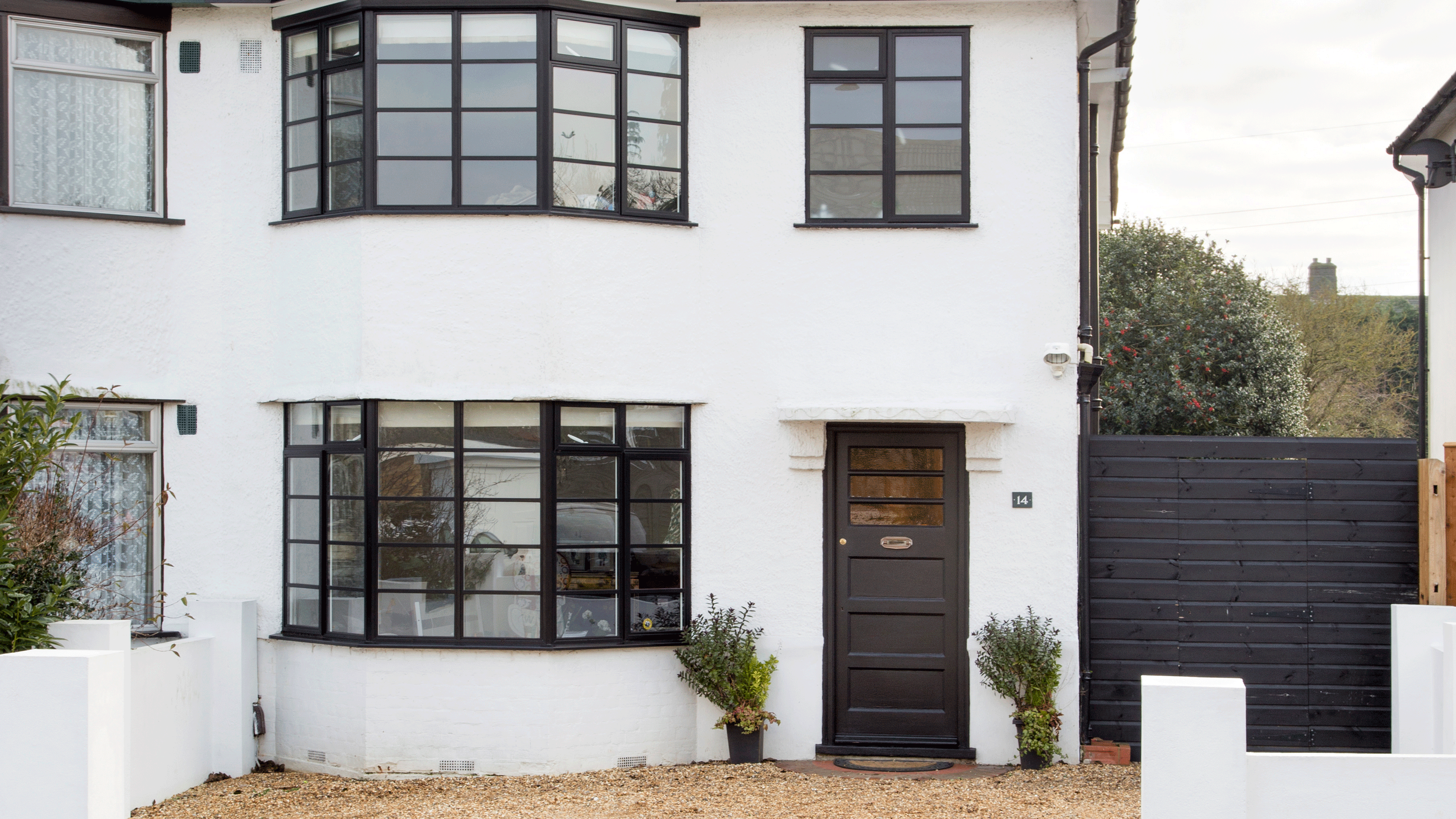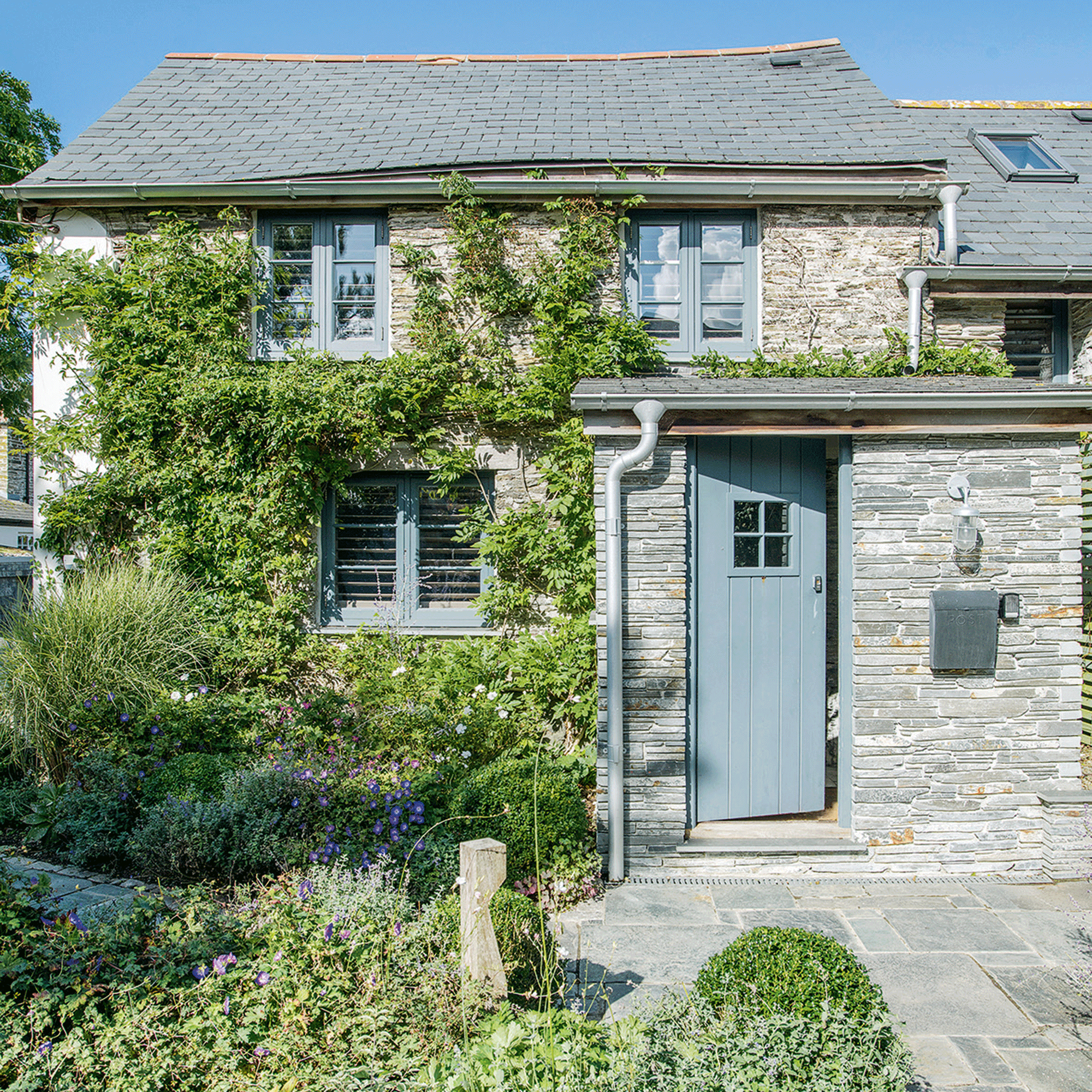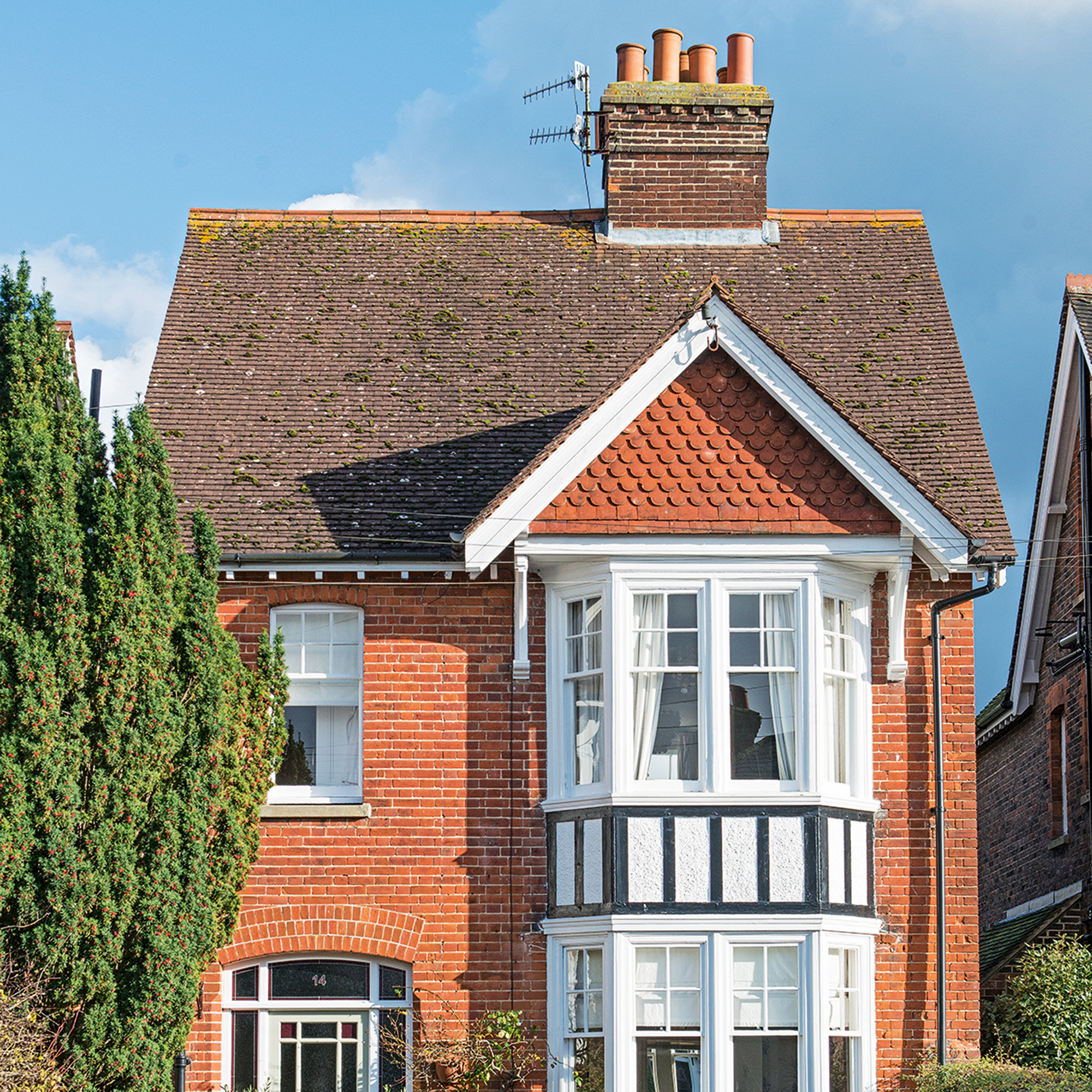Which councils are increasing council tax? What you need to know about the 5% increase
Councils say they have little choice but to increase council tax by the maximum in a bid to protect vital services


Three-quarters of councils are increasing council tax by 4.99% from April, adding an average of £100 a year to bills. The increase is unwelcome news to many as the cost of living crisis continues to squeeze pockets with inflation hitting a 40-year high of 10.1%.
Research from the County Councils Network has revealed that 84 of 114 councils that published their budget proposal for 2023/24 were going forward with a maximum permitted 4.99% council tax rise.
This maximum price increase would add on average £100 a year to the bills of those in council tax Band D properties and around £74.50 to those in bands A to C.
This is an added bill to households which are already struggling with increasing costs.

What is council tax and who pays?
Council tax is a property tax and annual fee you pay to your council for the local services it provides for you as a resident. It is usually paid in ten monthly instalments, followed by two payments where you don’t have to pay anything. The amount you pay depends on your personal circumstances, the valuation band your property is in and how much the council needs to fund its services. Council tax bands range from A, the cheapest, to H, the most expensive, which reflects how much your property was worth in 1991.
You can find out the council tax band for your property through the GOV website.
You will usually need to start paying council tax once you turn 18. A standard council tax bill is based on at least two adults living in a home, with both jointly responsible to pay it.
Get the Ideal Home Newsletter
Sign up to our newsletter for style and decor inspiration, house makeovers, project advice and more.
Some people are disregarded and do not need to pay council tax, such as those under 18. You will get a 50% discount on your council tax bill if everyone in your home is considered as disregarded.
This is reduced to a 25% discount for those who live on their own, known as the single-person discount.
You can discover everyone that is entitled to a council tax reduction through the GOV website.

With inflation the highest for decades, affecting everything from mortgage rates, to the cost of food. Local authorities are fighting to balance their budgets and deal with multimillion funding gaps. Council leaders say they recognise households are struggling but have ‘little choice’ in putting forward the maximum rises to fund local services.
The increases will hit residents in affected councils in April at the start of the new financial year. The 4.99% increase is comprised of a 2.99% for general council tax and 1.99% for the adult social care precept.
Which councils are increasing council tax in April?
Out of 152 councils covered by the County Councils Network survey, 114 have published their budget proposals for 2023/24 and all bar one, Central Bedfordshire, will raise their council tax this coming April. The remaining 38 councils have yet to declare their intentions.
30 councils have declared they will increase the tax but will not impose the maximum of nearly 5%, the lowest rise put forward being 2%. However, 84 councils have confirmed they will increase the tax by 4.99%. ITV has published a list of all the councils increasing their council tax.
Three councils, Croydon, Thurrock and Slough have special permission to increase their council tax above 5% after effectively declaring bankruptcy. Residents in Croydon’s band D will pay an additional £234 a year, taking the total to £2,230.
Compared to Westminster residents who pay the lowest average council tax bill in England at only £912, an increase of £48.

Cllr Sam Corcoran, Labour Vice-Chairman of the County Councils Network and Leader of Cheshire East Council, said: ‘We all recognise the cost-of-living crisis is impacting on every household in the country and disproportionally on low incomes, but we have little choice but to propose council tax rises again next year, with many local authorities reluctantly opting for maximum rises.
‘With councils facing multi-million funding deficits next year, the alternative to council tax rises would be drastic cuts to frontline services at a time when people at the sharp end of the cost-of-living crisis need us to be there for them.’
The County Councils Network has said the typical bill for band D residents is higher in rural counties areas at over £2000 a year, rising to £2,149 come April. Making it 20% higher than the average council tax bill faced by London residents which come April will be an average of £1,780.
This disparity is because county areas have historically received less government funding than London for services, so county councils make up for that shortfall through higher taxation.
Will council tax increase in 2023?
It does indeed look as though most councils will be increasing their council tax, with many increasing it to the maximum amount. An analysis by County Councils Network found that 114 councils have published their budget proposals for 2023/24 and all but one will increase their council tax.
Out of those 114 councils, 84 have proposed the maximum permitted rise of 4.99%, with the lowest proposed rise at 2%. Three councils, Croydon, Thurrock and Slough have special permission to increase their council tax by above 4.99%. With Croydon planning to increase tax by a whopping 15%.
Which council has the highest council tax in the UK?
The residents living within the council of Rutland are very unfortunate because they have the highest level of council tax for 2022/23 for England, Wales and Scotland at £2,300 per year. This is an eye-watering 17% more than the national average.
At the other end of the scale, the affluent local authority of Westminster has the lowest at £866 per year. When it comes to paying for council tax it can sadly is a bit of a postcode lottery. Which is an even harder pill to swallow with the current cost of living crisis.
How much money does council tax raise?
Council tax is comprised of general council tax and adult social care precept. The amount you pay depends on your personal circumstances, the valuation band your property is in and how much the council needs to fund its services.
The council tax requirement for 2022-23 is £36.3 billion compared to £34.4 billion for 2021/2022 reflecting the high rate of inflation. For 2022-23 it is estimated that council tax will raise £42 billion according to the Office for Budget Responsibility.
Council tax is the main source of income for councils, with the rest of it coming from business rates and central government grants.
Council tax plays an essential role in funding crucial services such as adult social care, creating extra school places, supporting vulnerable children in care, rubbish collection, police and fire services, environmental health including climate change action and leisure and recreation projects. So despite the steep increases on the way, your council tax is going towards making where you live a nicer place.

Imani Cottrell is Ideal Home’s Content Editor, she graduated with a Masters degree in magazine journalism from Nottingham Trent University in 2018.
She then went on to join the Royal Television Society and worked on their digital team writing about all things TV. In 2022 she joined the Ideal Home team and is getting to express her passion for all things interior design. In her spare time she loves discovering new homeware brands and travelling to new places for design inspiration.
-
 Crown Paint has launched new wall colours for the first time in three years, and changed how I think about neutral shades
Crown Paint has launched new wall colours for the first time in three years, and changed how I think about neutral shadesIs terracotta the ultimate neutral?
By Rebecca Knight
-
 How to protect seedlings from birds – experts say there's a kind and clever way to stop them pecking
How to protect seedlings from birds – experts say there's a kind and clever way to stop them peckingYes, you can protect seedlings from birds without harming your feathered friends...
By Kayleigh Dray
-
 We tried the viral napkin bunny ears hack – it only takes five minutes and will take your Easter table to the next level
We tried the viral napkin bunny ears hack – it only takes five minutes and will take your Easter table to the next levelThis Easter craft is not only beautiful, but really easy to do
By Kezia Reynolds